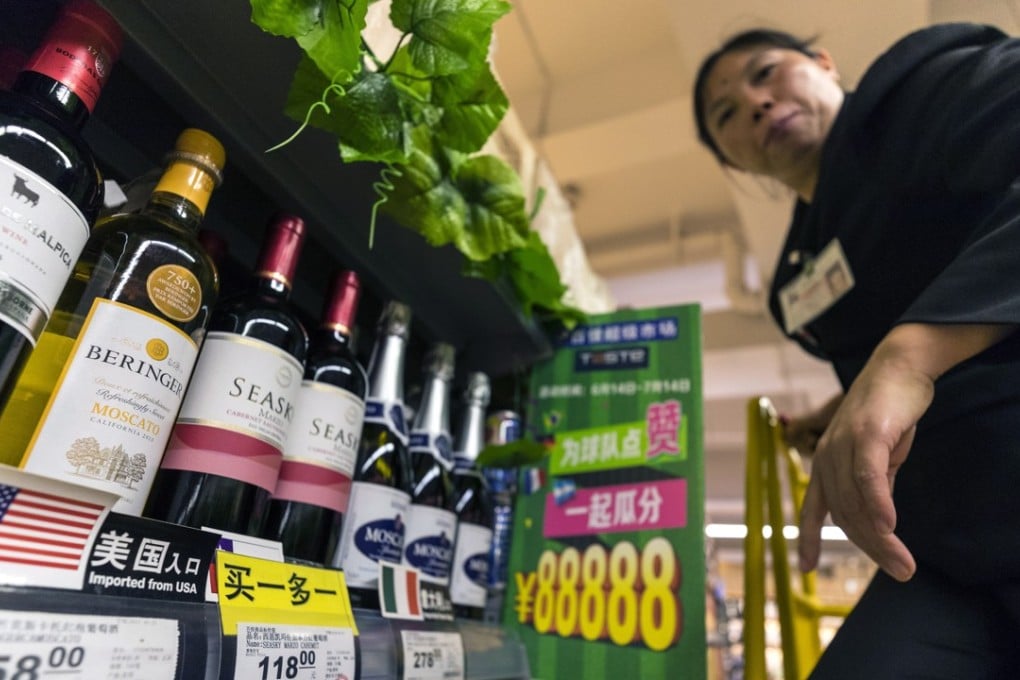The View | The forgotten casualty of the trade war is you, the consumer
Stephen Vines says the focus of the widening conflict has so far been on how producers and markets would be affected, even though consumers, some of whom are getting carried away by nationalist fervour, will bear the brunt of the higher prices

They are not, however, consciously setting out to buy Chinese goods; indeed, the place of origin of many products is often hard to find, assuming buyers are interested, which is rarely the case. What really concerns them is the availability of reasonably priced goods, many of which come from China and other places in Asia.
In vivid contrast, Chinese higher-end consumers are very conscious of the place of origin of their purchases and actively seek out items like medical supplies that are manufactured overseas and command way higher prices than locally made products.
So, it can be argued that consumers have unwittingly been the cause of trade friction. Their buying preferences today cause palpitations in the White House, even though these shoppers are acting rationally.
Nonetheless, consumers are firmly on the sidelines as this trade battle ploughs on. Their interests are relegated to second place while the focus tends to be on how producers and stock markets are affected, and how all this plays out in the realm of global politics.
